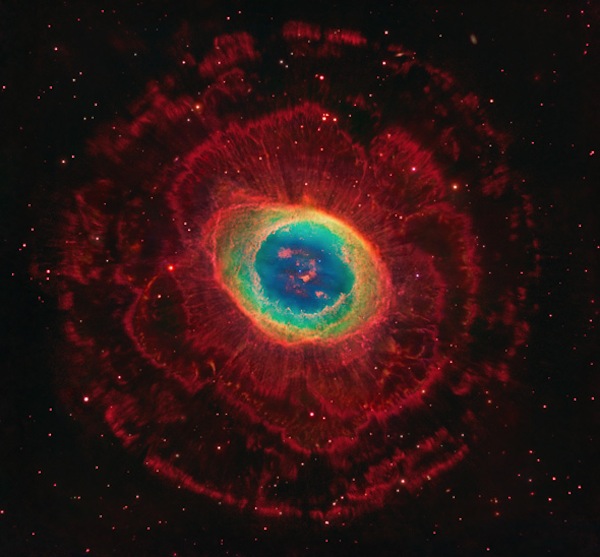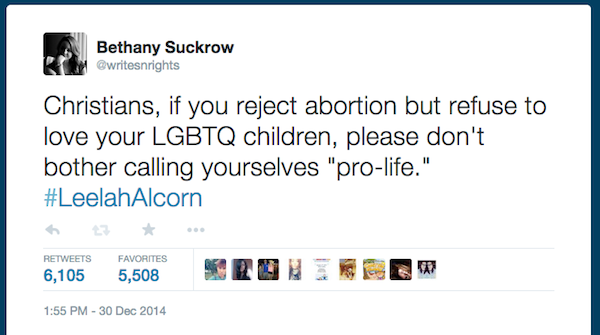Dear Blog,
You’ve seen me through so many changes in the past six and a half years. I was barely a college graduate when I started writing here. I was working two part-time jobs, as a hostess at a brunch restaurant and as a copywriter at my alma mater. I was completely in the dark about How To Be A Real Writer. I had no idea what a career might look like. I was terrified, because I had graduated in the middle of a national recession and didn’t even have internship experience. I don’t know how, but I survived that first year as a post-grad newly wed, living with my in-laws, working multiple part time jobs but still completely broke. I think, maybe, writing here was that flashlight that kept me walking through the darkness. It was a thing I could hold onto, something to light my way for the next few steps, and then the next few steps, and then the next few, just to keep me moving forward as a writer.
And then the next few years, it became a point of connection, a small but growing community of encouragement. I kept writing because it helped me find my people – the word nerds and faith seekers and fledgling feminists and creative dreamers like me. I had found full time work as a staff writer in a communications office, but this blog was my outlet, my safe space, to spread my creative wings. I was learning to write about my life, and that turned out to be a good thing, because when the storms came this blog was a life-raft. I was drowning in the grief of my mother’s death, but my blog people beckoned me back with comfort and encouragement.
I kept blogging, and it paved the way for new opportunities to share my words with other online communities. And in the years that followed, as I learned to cope with my new normal and articulate new hope for my future, the blog remained my constant source of motivation. It had brought me so far.
And then, slowly, I stopped writing here. At first it was about giving myself a chance to plant roots and build a new life in a new city. And then it was about hustling as hard as I could to make ends’ meet; the blog took a backseat to paying bills and buying groceries. And then it was about the fact that my site crashed, and it took several months (and a lot of help from my dear Sarah Joslyn) to recover my 6+ years of content. But even after we brought this blog back to life, there was something else holding me back. My silence was about being lost in a deep spiritual wilderness, where formulating words for a blog post felt impossible.
After years of writing about my life and my faith online, I reached a point where blogging a couple times a week through a faith crisis felt dishonest. I’ve always been that person that kept going when life was hard. I blogged through much of my mother’s illness; I was back online writing about her death merely two weeks after the fact. I was articulating my grief right in the raw midst of it. But three years later, I decided to stop trying so hard. To let myself be wordless in it. To let myself feel the unknown – the ineffable, unpredictable, unarticulated mystery of faith after trauma.
Did I even believe in God? Yes. No. Maybe. Yes. But I’m not sure how, or why, or what, or who.
I have felt that. And I have just as quickly felt that yes, I am a Christian, albeit an imperfect, indefinitely unchurched, perpetually exhausted one. A sweary, mad, cynical one.
Honestly, in my time away from blogging I have been a version of myself that I didn’t want to share online. Angry. Sad. Desperate. Defiant. Broke broke broke. Fresh out of fucks to give. Lonely. Depressed. Anxious. All the things I thought I was safe from becoming, when I was writing about grief three weeks after my mother’s death. Ashamed. I was ashamed. And then, eventually, I was relieved. Maybe even proud, for finally letting go. And I decided I didn’t owe anyone anything, so I could slip quietly offline, without having to explain.
I’m glad I did that. It felt like I finally gave up the illusion of being The Strong One, the Philosophical One, the Always Has Words to Say One.
My Aunt Beverly, the family therapist, always says, “You can be angry, just don’t build your house there.”
And she’s right. Of course, she’s right. I want to let myself feel all the real things, all the unbloggable things. But that’s not my home. I don’t need to dwell there forever. This blog, this is my home. My safe space. My flashlight, my way forward.
So I’m picking it up again. And while a lot of things have changed, it’s also true what they say: wherever you go, there you are. Six-almost-seven years later, I’m working two part time jobs. I’m still not sure How To Be A Real Writer. I’m still pretty broke. I make no promises to write consistently, or to write without the swears and scars and biting cynicism that are pretty characteristic of who I am.
But I’m home.
Hi, I’ve missed you.


